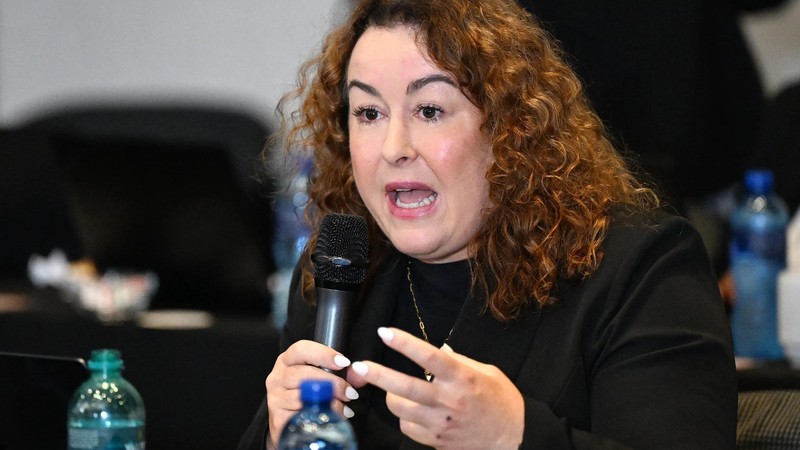Parliament has initiated an inquiry aimed at obtaining public submissions on statutory rape of young girls and to review existing legislation with a view to amending the law where necessary.
This inquiry is part of a broader effort stemming from a National Assembly resolution passed in July, designed to revive discussions that began in the previous term when the EFF first introduced the motion last year.
In public hearings and stakeholder engagements held on Friday and Saturday in Gauteng, representatives from various sectors came together to confront the grim realities faced by young girls coerced into premature adulthood.
Chairperson of the Portfolio Committee on Women, Youth, and Persons With Disabilities, Liezl van der Merwe, expressed urgent concerns as she revealed that many young victims of statutory rape remain unaware of being forced into motherhood and adulthood prematurely.
“Teachers and nurses are aware of these crimes, yet they fail to report them to the police. Moreover, there was an acknowledgement of ineffective oversight by all responsible authorities on this issue,” Van der Merwe said.
Her portfolio committee has been given the responsibility to lead social development, education, health, justice, and police committees in a joint public participation programme to receive submissions to review legislation and, if necessary, recommend amendments to enforce mandatory reporting of statutory rape by teachers and nurses.
The committees will report back to the National Assembly on November 30.
Phase one of the programme consists of the first leg of engagements with stakeholders in Johannesburg and thereafter the Eastern Cape.
The second leg of the stakeholder engagement will entail requesting various portfolio committees to then engage with various stakeholders between November 10 and 12.
Van der Merwe said the purpose of the stakeholder engagements was to establish the prevalence of statutory rape of young girls and identify difficulties with regard to the accuracy, availability, and reliability of statistics.
This was to obtain a coherent understanding of mandatory reporting, the requirements, and challenges with implementation and to determine what is required to enforce mandatory reporting of statutory rape.
“We will also then have a second leg of engagements after the first leg, which will take us into 2026. So the work that we are embarking is only the first leg of the process.”
Van der Merwe asked stakeholders to identify their key issues of concern as well as highlight best practices.
“Stakeholders have also been asked to put forward recommendations in terms of policy and law, service delivery, training and capacity building, resources and other issues that you deem fit,” she said.
“I want to say that as a Portfolio Committee on Women, Youth and Persons With Disabilities, we acknowledge that South Africa is in the midst of a crime crisis. We are in the midst of a gender-based violence crisis, and teenage and child pregnancy is also a crisis, and we can only overcome these challenges if we unite to tackle them.”
Van der Merwe also said Friday’s statistics presented at the public hearing were frightening, alarming, and heart-wrenching amid mandatory reporting not happening for a variety of reasons.
“It is something that will require our attention as portfolio committees how we remedy that,” she said.
The public hearing also heard about the lack of resources, in particular social workers.
Van der Merwe said there were other several challenges and the matter was complex as it also dealt with morals and values.
“We also heard yesterday that, for example, parents themselves are complicit in that they will take money for cases to make them go away or for cases not be reported to the authorities.
“The question is how we deal with parenting and families at large because they become complicit to criminal acts.”
She added that they heard about the importance of civil society, that does difficult work in the absence of the support of the state.
